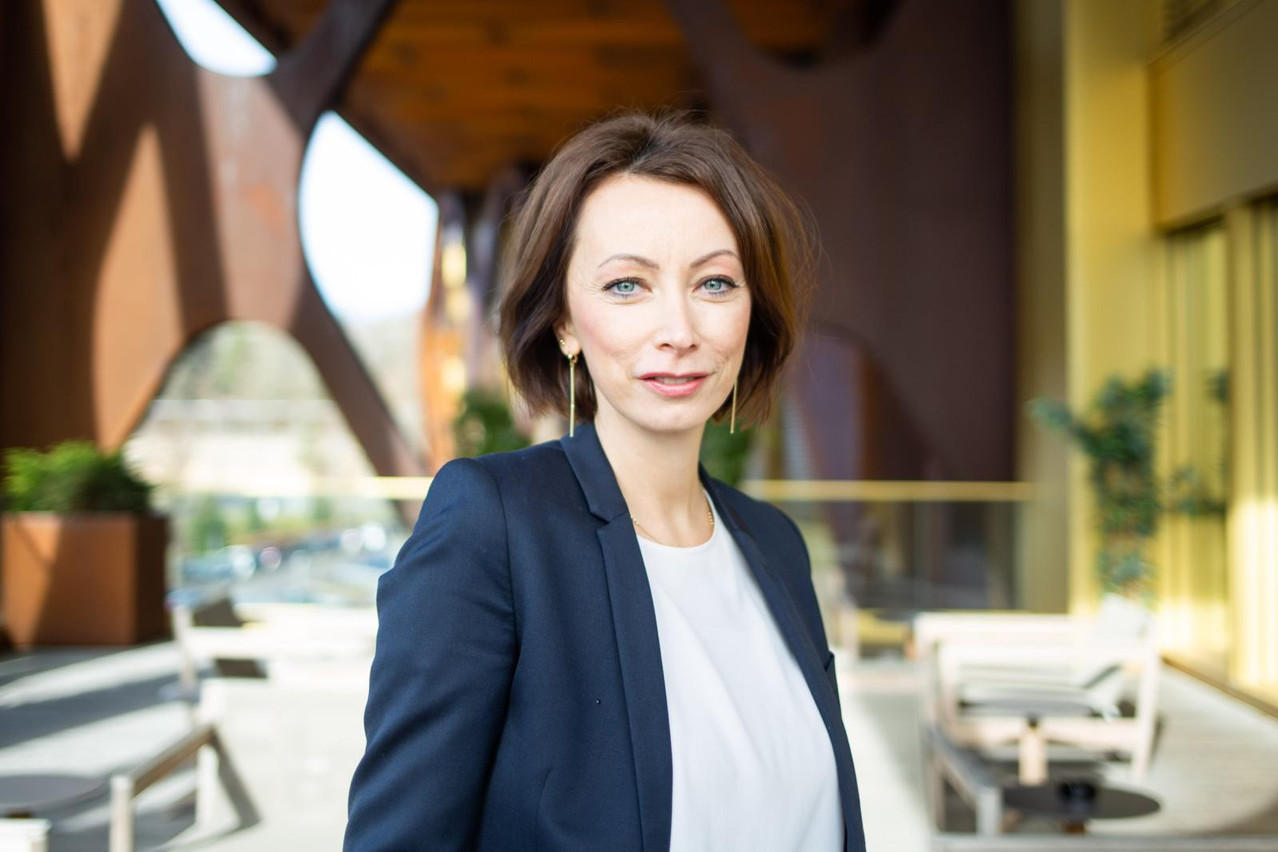The latest figures from research outfit Preqin suggest that European private debt funds could notch up a record-breaking year. The segment has soared since the mid-2010s as banks sought to get riskier loans off their balance sheets and institutional investors increasingly searched for yield.
Covid drew in another tranche of cash. “In anticipation of pandemic-induced market distress, many investors committed to private debt managers in Q2, Q3 2020,” according to Merkel. “There was the expectation that increased numbers of companies would be under financial distress, and that would create interesting opportunities for investors.”
“There is still a lot of dry powder sitting there, but the strategy was a bit overstated probably; the expectation did not fully play out.” Government policies, such as direct aid packages and loan guarantees “extinguished these fires. So, a lot of companies that were probably thought to be in distress were, after all, not in distress, or not yet” there. “However, you could think the government support is going to stop at a certain point in time. And then, what’s going to happen? That’s the question mark.”
Moreover, Merkel notes that “private debt is not only about providing risk capital and liquidity needs. So, it’s not always about the risky part, it’s also about financing the growth and innovation of small- and medium-sized enterprises.” Currently, SMEs need to invest in areas like digital infrastructure and supply chain resilience, and private debt funds are quicker to respond to these short-term requirements, in her view.
Still room to grow
Asked if the growing stack of dry powder means the segment is overheating, Merkel replies: “If you mean overheating in that I don’t easily find deals, then yes. If you mean overheating in that the deals I find are always overpriced, I would say not.” Deals are “more and more complex” and it’s “more difficult to find good deals” but that is countered by more specialisation and consolidation among fund firms. “I truly believe that there are still a lot of opportunities, and there is still attractive yield there.”
Like many in the alternatives space, Merkel would like the segment opened up to retail investors, with the proviso they understand, “This is not for short-term [investing], that’s for sure. And it’s not going to be a liquid investment, that’s also clear. But if we’re clear on that, and if retail investors are in the search for a pension product, this could be a wise investment as it has a longer lifespan.”
Originally published in Delano’s edition. Be among the first to read interviews and features in the magazine by today.
